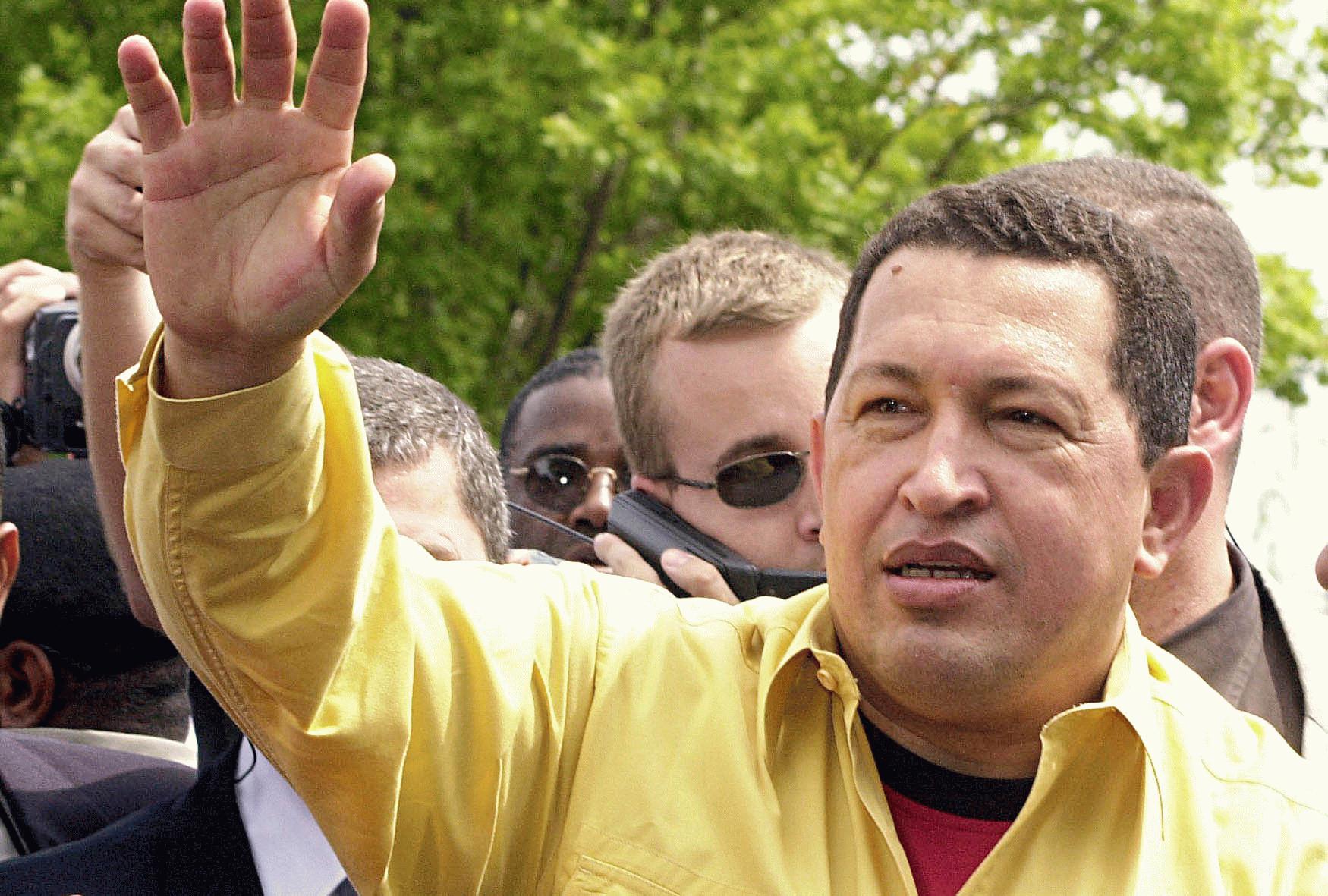
Four Gates Cambridge Scholars will discuss their research at an internal symposium on Tuesday.
Four Gates Cambridge Scholars will give talks on research ranging from cholera transmission and the cell surface structure of bacteria to drug addition and racial politics in Venezuela at an internal symposium next week.
The Gates Cambridge internal symposium takes place on 1st November.
The speakers are:
– Emma Glennon [2016], who is doing a PhD in Veterinary Medicine. She will give a presentation on cholera transmission in the modern world.
She says that while cholera can be transmitted via water and this type of transmission has the potential to spark explosive epidemics, it can also be transmitted from person to person through more direct types of contact. However, the balance of these two transmission pathways is not well understood. She has used a mathematical model of cholera transmission to try to understand how both direct and waterborne transmission of cholera work together to maintain cholera epidemics in Dhaka, Bangladesh, one of the most cholera-prone cities in the world. She says: “The interplay between these transmission types has direct implications for public health control measures to restrict – and climate change to drive – cholera.”
– Paul Bergen [2013], President of the Gates Cambridge Scholars Council. He will talk about his research into a cell surface nanomachine of bacteria, called the flagellum, and how it enables their movement and ability to cause disease. He will detail his laboratory’s work on uncovering the combined role of two proteins, FliK and the FlhB export gate, in bacterial motility, a previously unknown mechanism. Paul is completing his PhD in Pathology.
– Parvathi Subbiah [2016], who is doing a PhD in Latin American Studies. She will speak about the role played by race in Venezuelan politics. Her research is looking at specific racial and cultural elements in the political identity of Chavismo that have helped the movement identify with the majority of Venezuelans and will analyse Chávez's discourse on race to determine the part it played ih his election as president. She says: “The study hopes to answer if, and if so how, Chávez's movement made skin colour an important element of political legitimacy and to give a better understanding of how social and racial identities help shape and conform our political identities.”
– Alanna Just [2016], who is doing an MPhil in Medical Science [Psychiatry]. She will give a talk entitled “Reward processing in addiction – disentangling the effects of drugs and familiarity”. Her research addresses the issue of whether the brain abnormalities found in drug users are caused by drug use or whether they are the cause of drug use. It draws on studies of drug users and their siblings. Alanna says the implications are significant. If, for instance, users and their siblings have similar abnormalities in reward processing that may indicate an underlying neural trait that increases vulnerability to drug dependence prior to drug exposure. If not, it may suggest that there is a different brain network implicated in addiction. Moreover, if research shows siblings and those who are only recreational users have some sort of neural resilience to addiction that could inform the development of future treatment and therapies.
*The symposium takes place in the Gates Cambridge Scholars Common Room from from 7-9pm. Scholars and their guests are welcome. Picture credit of Hugo Chavez: Wikipedia.
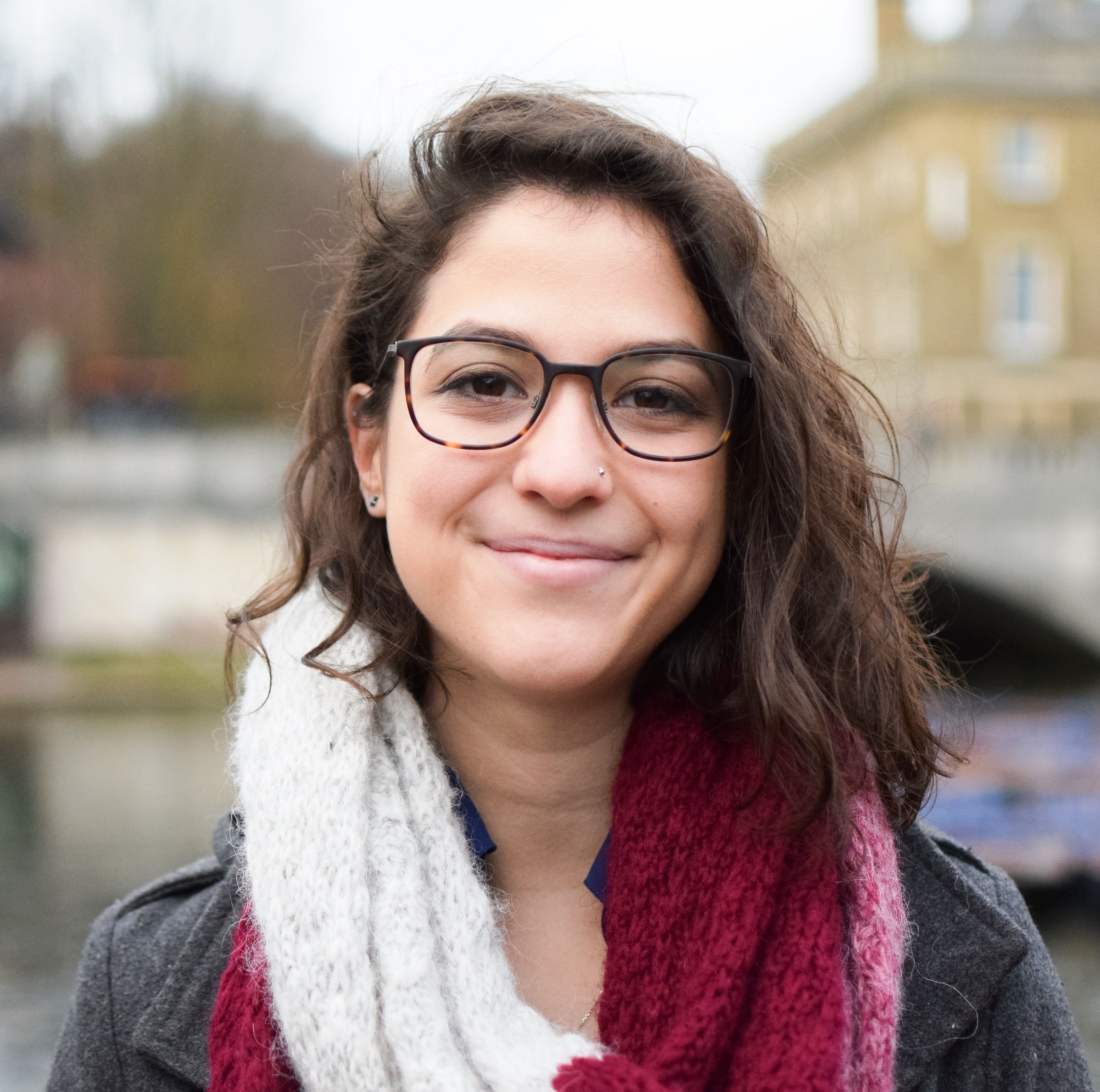
Emma Glennon
- Alumni
- United States
- 2016 PhD Veterinary Medicine
- Churchill College
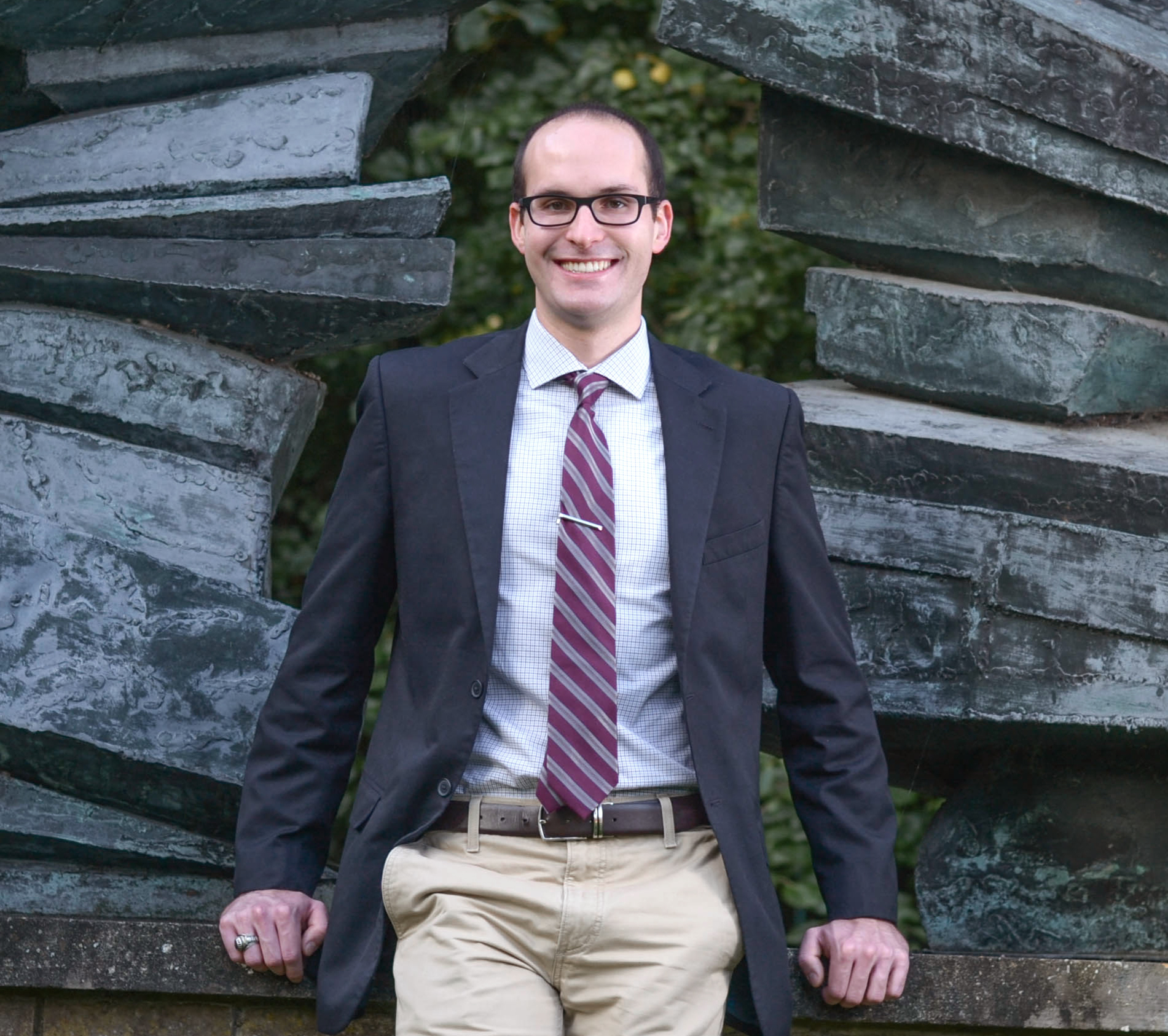
Paul Bergen
- Alumni
- United States
- 2013 PhD Pathology
- Churchill College
I work as a management consultant with a focus on healthcare, mostly in life sciences. My work uses a variety of data sources to understand customer needs and improve my client's efforts toward patient centricity in the products and services they offer. I'm a passionate believer that analytics and human-centered design should inform strategy.
I also am a leader in my firm's internal think-tank, focused on tackling big topics that impact people's healthcare. We leverage a variety of data sources and market research from around to world to study topics in public health, healthcare disruption, digital transformation, and medical development.
Previous Education
Auburn University BS Microbiology/ BA German 2012
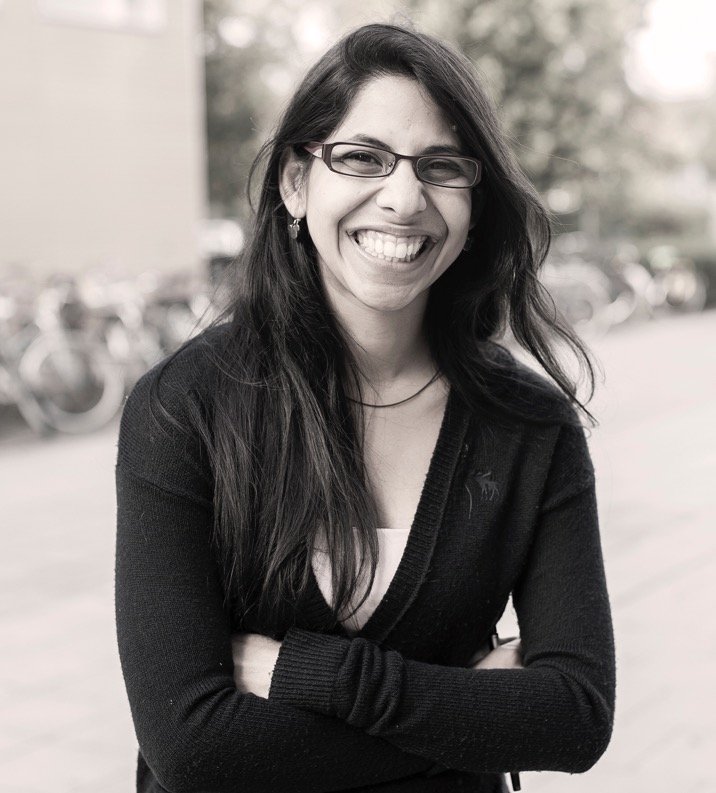
Parvathi Subbiah
- Alumni
- United States
- 2016 PhD Latin American Studies
- Clare College
Previous Education
University of Southern California
University of Cambridge
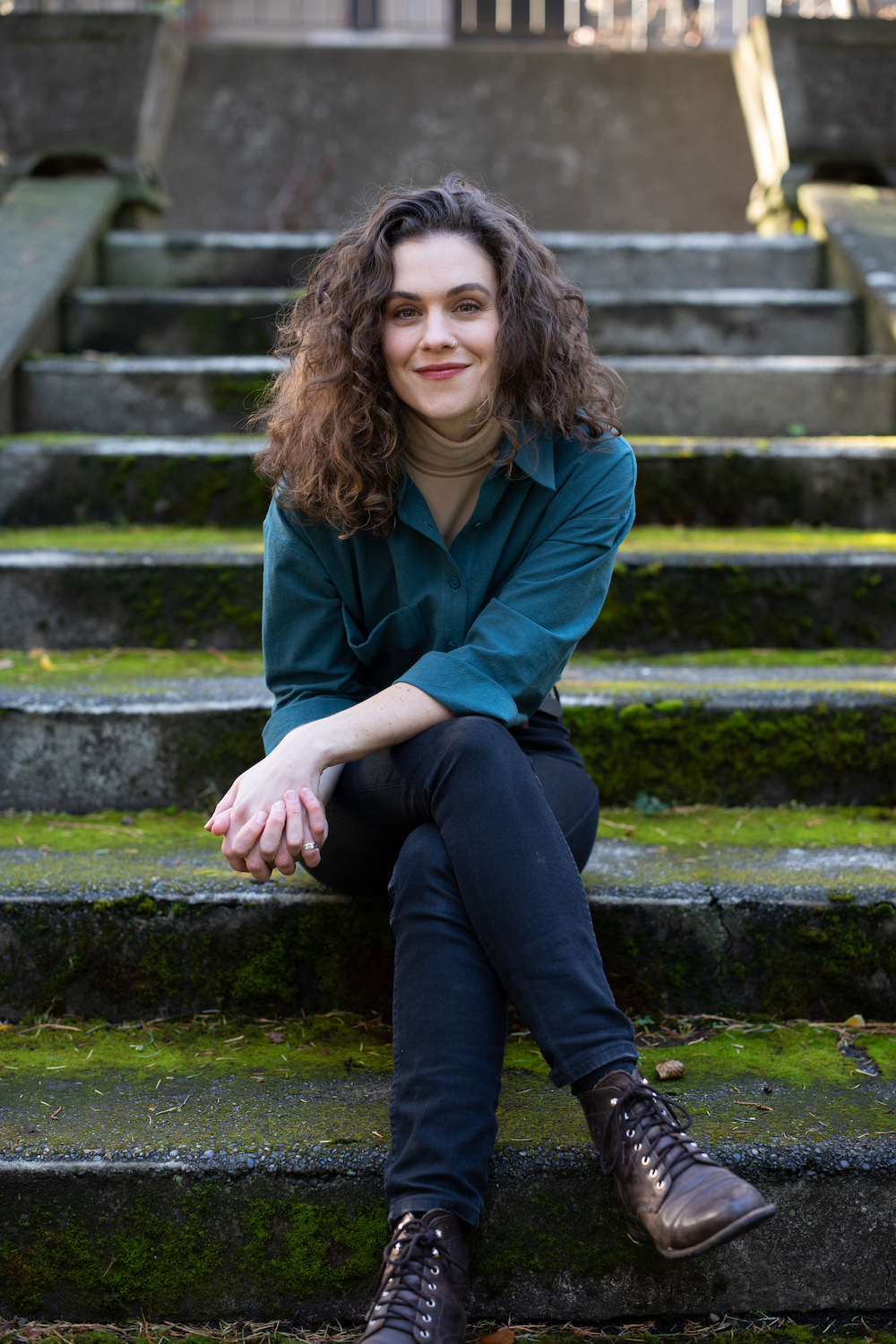
Alanna Just
- Alumni
- Canada
- 2016 MPhil Medical Science (Psychiatry)
- Newnham College
I received my Bachelor's Degree from Quest University Canada where I pursued majors in Neuroscience and Philosophy of Mind. I obtained my MPhil in Medical Science from the University of Cambridge, where I conducted research as a Gates Cambridge Scholar. When I returned to Canada, I obtained my Medical Degree at the University of British Columbia, where I conducted research on women's health, integrated medicine, and end-of-life care.
Between formal educational engagements, I traveled to remote communities in Siberia, guided expeditions in Mongolia for National Geographic, and pilgrimaged in Nepal.
I am currently completing my residency in the Yellowknife Rural Family Medicine program in the NWT on the traditional lands of the Yellowknives Dene First Nation. My interests include medical ethics, wilderness medicine, integrative medicine, and moments of vulnerability.
Previous Education
Quest University Canada












